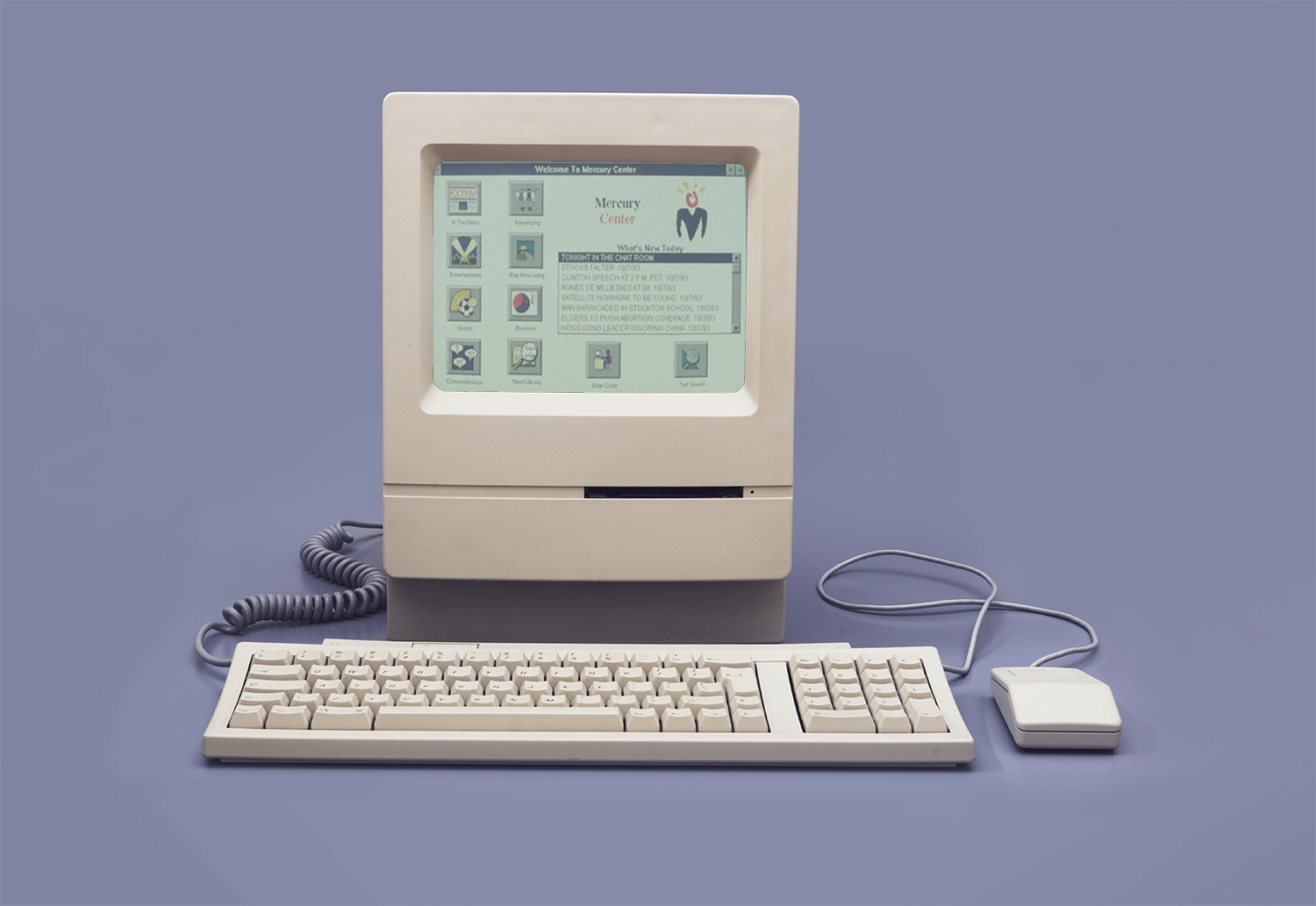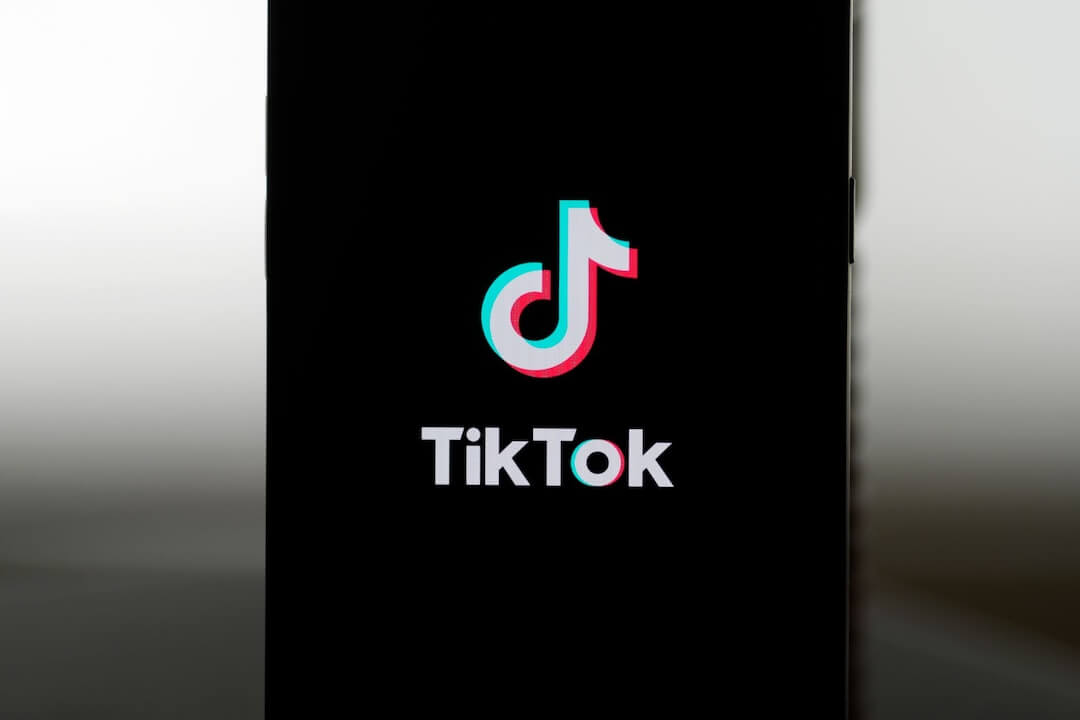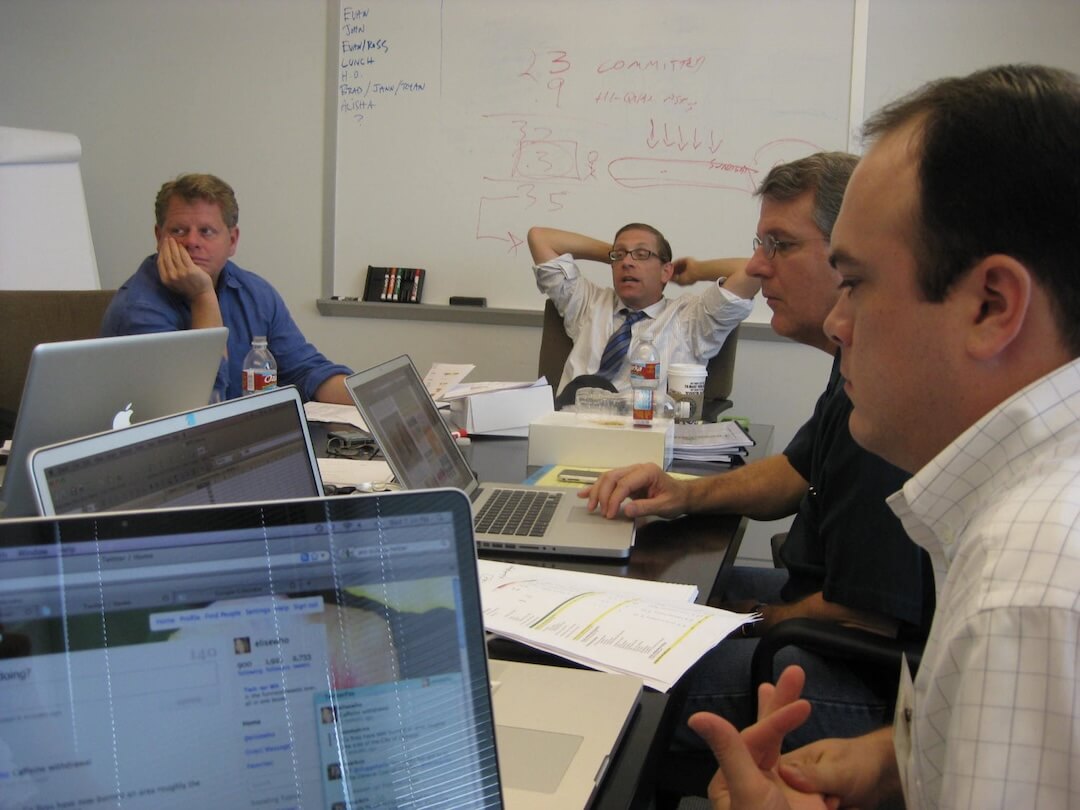Almost every time a hot Silicon Valley startup finally grits its teeth and releases diversity data, the story’s the same. Facebook? Mostly male. Uber? Male-dominated. Google? Same story.
It’s a problem that’s gotten plenty of play in the tech press. In 2014, Wired ran an 1,800-word dissection of Silicon Valley male-ness titled “This is what tech’s ugly gender problem really looks like.” The story, which profiled women who overcame sexism to become successful entrepreneurs, laid bare a culture of misogyny and exploitation among Silicon Valley investors.
So when Wired posted a story Thursday about an all-male coder group with the headline “These college-age hackers will soon shape our future,” the backlash was swift.
https://twitter.com/_jannalynn/status/857657522056036353
Srsly @WIRED?! If u don't show the nxt generation #diversitymatters nothing will change. Diversity breeds success. https://t.co/CDKxXnveUF
— Sara Gibbons (@saragibby) April 27, 2017
i feel like they just went to MIT and were like yo you look like you've read javascript the good parts and are malehttps://t.co/dcTjh793gY
— caroline sinders (@carolinesinders) April 27, 2017
The story, which follows wunderkind, candy-chomping coders at Northeastern University who call themselves the Sthacks (short for Stetson Hacks), is a deeply reported feature that gives readers an immersive look at the culture of socially conscious hacking.
Although men get almost all of the screen time and all of the visual representation, author Tony Tulathimutte quotes a coder identified as “Danielle” who confronts the issue of gender disparity openly:
Danielle, the lone presidential candidate, is a regular NU Hacks attendee. ‘I always feel guilty if I don’t go” to the meetings, she tells me later; she’s big on inclusion and worried that potential new members would see a room of dudes and assume they didn’t care about including women. ‘I feel like my presence there helps against people who might say those things.’
She’s had to put up with some sexism in the CS world, like enduring flirting from a male classmate just so he’d teach her about C pointers. Rather than trying to blend in, she plays up her gender: ‘I wear pink all the time, skirts, everything. I’m here to be the beacon of: It’s OK to be feminine here, and it’s OK to be a woman.’
The piece also quotes “Niousha,” the female club president of NU Hacks, Northeastern’s official hacking club. As she enters, Tulathimutte underscores the lack of representation of women in tech by noting that the club is “dominated by reedy White guys, which is a more or less accurate reflection of what’s happening in computer science at most colleges right now.”
Despite those acknowledgements, Wired Editor Nicholas Thompson acknowledged that the story could have been presented better in a note posted to Facebook:
…Those of us — particularly me — who are ultimately responsible for the story and how it is presented to the world made a mistake. The piece ran in the print magazine as “Meet The Nu-Nerds.” But the online headline, “Meet The Brilliant Young Hackers Who’ll Soon Shape The World,” alongside the pictures of all the guys, one after another, suggests that only men code. This isn’t at all what we wish to imply. The hackers shaping the world will certainly include women as well as men. We hope, in fact, that they will do so in equal numbers.
In response to the criticism, Wired changed the headline to focus more narrowly on the group of hackers themselves. It now reads, “The genial, brilliant, candy-loving hackers of Stetson West” omitting any references to the future of coding writ large.
Thompson told Poynter he stands by the piece, which was originally conceived as a profile of David Dworken, a 19-year-old Sthack who found vulnerabilities in the Pentagon’s digital defenses. The story morphed into a broader piece about Dworken’s coterie of hacker buddies, and Wired staffers realized that they needed to acknowledge the issue of gender disparity head-on.
“But the online headline, as you rightly say, suggested that this is the future of coding, these are the coders we think are changing the world,” Thompson said. “That’s not what we’re trying to imply. In fact, it’s counter to the world we’re trying to help build.”
When asked whether women were involved in the writing, framing or editing of the piece, Thompson replied by emphasizing that he has the final say over the magazine’s content.
“There are lots of women in lots of positions at Wired, and this was a piece that lots of people looked at,” Thompson said. “But I take the responsibility for it.”
Male-dominated industry profiles have sparked outrage before. In 2011, New York Times reporter Sridhar Pappu examined “The Juicebox Mafia,” a emerging class of young hyperkinetic bloggers: Ezra Klein, Brian Beutler, Dave Weigel and Matt Yglesias. It earned scathing reviews from journalists including Ann Friedman and Amanda Hess, who called it a “masturbatory rumination on wonder boy bloggers (and the women who love them).”
The same Wired issue will include a separate, more diverse list of 20 individuals who are changing the world, Thompson told Poynter (it’s already online here). He adds in his note that the lack of gender diversity in tech is a big problem that he hopes Wired will hope rectify.
This is one of the defining issues in the world we cover right now, and Wired should play a role in helping the tech industry — and journalism about the tech industry — become more inclusive, diverse, and welcoming.






